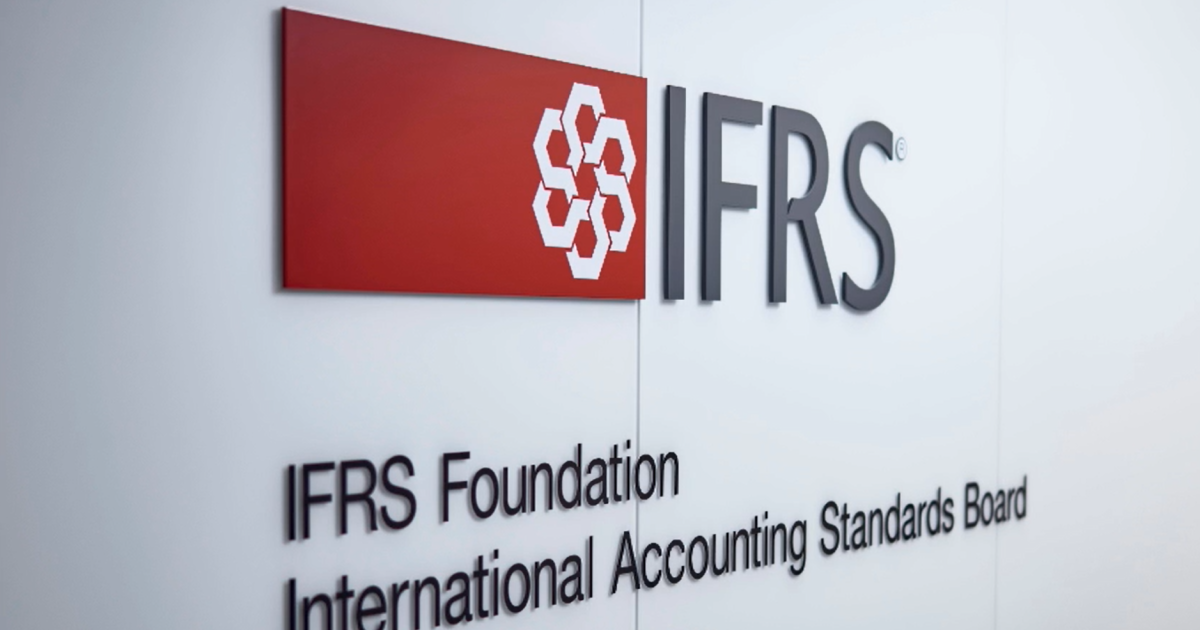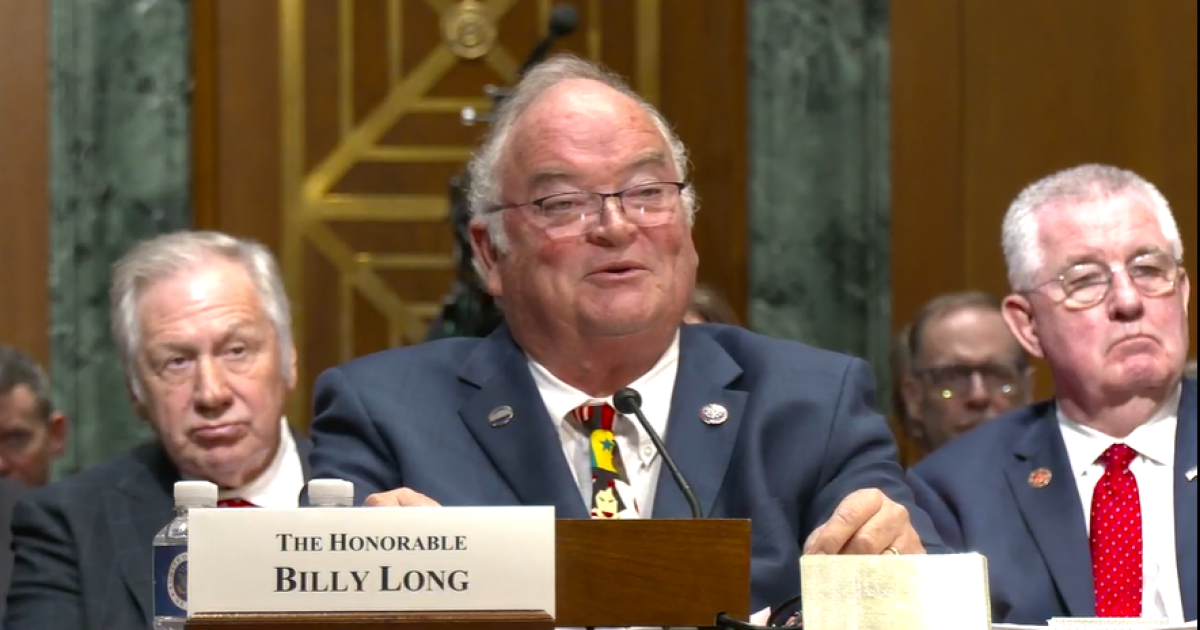Disunion; cell phones; only the lonely; and other highlights of recent tax cases.
Boston: Frank Loconte, of Beverly Farms, Massachusetts, has been sentenced to 20 months in prison and three years of supervised release in connection with underreporting of overtime hours for his union employees and failing to collect and pay payroll taxes.
From 2009 to 2022, Loconte was the president of NER Construction Management Corp., a Wilmington, Massachusetts, construction company that employed union workers. He was also the president of the company’s employment management company, NER Management. Loconte was responsible for collective bargaining with multiple unions and was bound by agreements with the unions that governed the transfer of worker benefit contributions to employee welfare and pension benefit plans, each of which was subject to ERISA provisions.
From around January 2014 and May 2022, Loconte defrauded the union benefit funds and the IRS by paying certain of its union workers for overtime hours without reporting these hours to the union benefit funds and without making payroll tax withholdings and payments. He caused NER to file fraudulent remittance reports with the benefit funds and the unions that underreported the overtime hours worked by these employees, depriving the benefit funds and unions of contributions. He also caused NER to file IRS payroll taxes that underreported the wages paid.
Loconte used NER business accounts to pay for personal expenses, including vehicles, personal property taxes, household improvements and golf memberships, and failed to report these benefits to the IRS.
He defrauded union workers of more than $1 million for overtime work and defrauded the IRS of more than $3 million.
Loconte, who pleaded guilty in September, was also ordered to pay more than $4.5 million in restitution and a $15,000 fine.
Key West, Florida: Petr Sutka, operator of several staffing companies, has been sentenced to four years in prison for tax and immigration crimes.
Between January 2011 and January 2021, he and others helped run companies that facilitated the employment in hotels, bars and restaurants of non-resident aliens who were not authorized to work in the U.S. These companies did not withhold federal income taxes and Social Security and Medicare taxes from these workers’ wages and did not report the wages to the IRS.
Sutka was also ordered to serve three years of supervised release and to pay $3,551,423.84 in restitution to the United States. His co-conspirators, Vasil Khatiashvili and Zdenek Strnad, will be sentenced on April 22.
Kansas City, Missouri: Tax preparer Ebens Louis-Loradin, 44, has pleaded guilty to a wire fraud in which he filed federal income tax returns that contained false information.
He pleaded guilty to one count of wire fraud and 10 counts of aiding in the preparation of false returns.
Louis-Loradin, a tax preparer since 2012, defrauded the IRS by preparing and e-filing federal returns containing false items from March 2013 to April 2019. He claimed undeserved items on his clients’ federal returns, including dependents, inflated income tax withholding amounts, credits for child and dependent care expenses, American Opportunity Credits and Earned Income Tax Credits, itemized deductions and business losses.
He faces up to 20 years in prison for wire fraud and up to three years for each of the 10 counts of aiding in preparing false returns. Sentencing is Aug. 1.
Fort Myers, Florida: Timothy Meade, who operated a prison phone service under several business names, has been sentenced to 30 months in prison for failing to pay over taxes that he withheld from his employees’ paychecks.
From 2011 through 2021, he withheld taxes from his employees’ paychecks but did not pay over to the IRS the full amount withheld. He also did not pay the business’ portion of his employees’ Social Security and Medicare taxes. The IRS attempted to collect the taxes, but Meade changed the call service’s names and bank accounts to thwart collection.
He caused a federal tax loss of $971,130.
Meade was also ordered to serve three years of supervised release and pay $971,130 in restitution to the United States.
Frankfort, Kentucky: Jeremy Clay Guthrie, 45, of Boaz, Alabama, has been sentenced to 27 months in prison for wire fraud and aiding and assisting in the preparation of false returns.
Guthrie managed a branch of a privately owned aviary supply business until he was fired in September 2017. During his last two years as a manager, he stole more than $550,000 from his employer and customers by charging customer credit and debit cards for products but diverting payment for those products to his own company. He also altered the pay-to lines on checks from customers and routinely offered customers unauthorized discounts in exchange for cash payments, embezzling much of the cash he received, among other schemes.
He failed to disclose all the income he received from this fraud to his tax preparer or to the IRS for 2016 and 2017. Guthrie underreported his income by $325,543 and admitted that he intentionally concealed a significant portion of his company sales and other stolen money to fund a drug addiction.
Camden, New Jersey: Three persons have pleaded guilty to tax evasion and other charges related to their roles in accepting millions of dollars in a romance fraud.
Martins Friday Inalegwu, formerly of Maple Shade, New Jersey, pleaded guilty to one count of conducting an unlawful money transmitting business and four counts of tax evasion. Inalegwu’s wife Steincy Mathieu, also formerly of Maple Shade, pleaded guilty in November to two counts of tax evasion. Oluwaseyi Fatolu, of Springfield, New Jersey, pleaded guilty in January to a count of operating an unlawful money transmitting business.
From October 2016 to May 2020, Inalegwu, Mathieu and their conspirators, several of whom reside in Nigeria, participated in an online romance scheme, defrauding more than 100 victims nationwide. The conspirators made initial contact with victims through online dating and social media websites, corresponded via email and phone, pretended to strike up a romantic relationship with victims and then requested that victims send money to them or to their associates for fictitious emergency needs.
Victims wired money to bank accounts held by Inalegwu and Mathieu in the U.S. and mailed checks directly to Inalegwu and Mathieu. Some victims transferred money to Inalegwu and Mathieu via money transfer services and others wired money to bank accounts held by conspirators overseas. Federal agents have identified more than 100 victims, who sent more than $4.5 million directly to Inalegwu and Mathieu and several million more to conspirators.
Inalegwu and Mathieu failed to pay taxes on the money from victims.
Each count of tax evasion and each count of conducting an unlawful money transmitting business carries up to five years in prison and a $250,000 fine.
Tampa, Florida: A federal court has permanently enjoined tax preparer Kenia Rodriguez from preparing returns for others and from owning, managing or working at any tax prep business in the future.
The complaint alleged that she, through a fictitious entity called Rodriguez Tax Services, reportedly in Lakeland, Florida, claimed fraudulent deductions and credits on clients’ returns to underreport tax liabilities and claim undeserved refunds. The complaint also alleged that Rodriguez did not identify herself on the returns she prepared.
Rodriguez, who consented to the injunction, must send notices of the injunction to each person for whom she prepared federal tax returns after Jan. 1, 2016, and post copies of the injunctions where she conducts business, including social media and websites. The U.S. may conduct post-judgment discovery to monitor compliance and will continue to pursue its claim for disgorgement.


 Economics6 days ago
Economics6 days ago
 Economics1 week ago
Economics1 week ago
 Economics6 days ago
Economics6 days ago
 Finance6 days ago
Finance6 days ago
 Economics6 days ago
Economics6 days ago
 Economics4 days ago
Economics4 days ago
 Blog Post5 days ago
Blog Post5 days ago
 Personal Finance4 days ago
Personal Finance4 days ago












